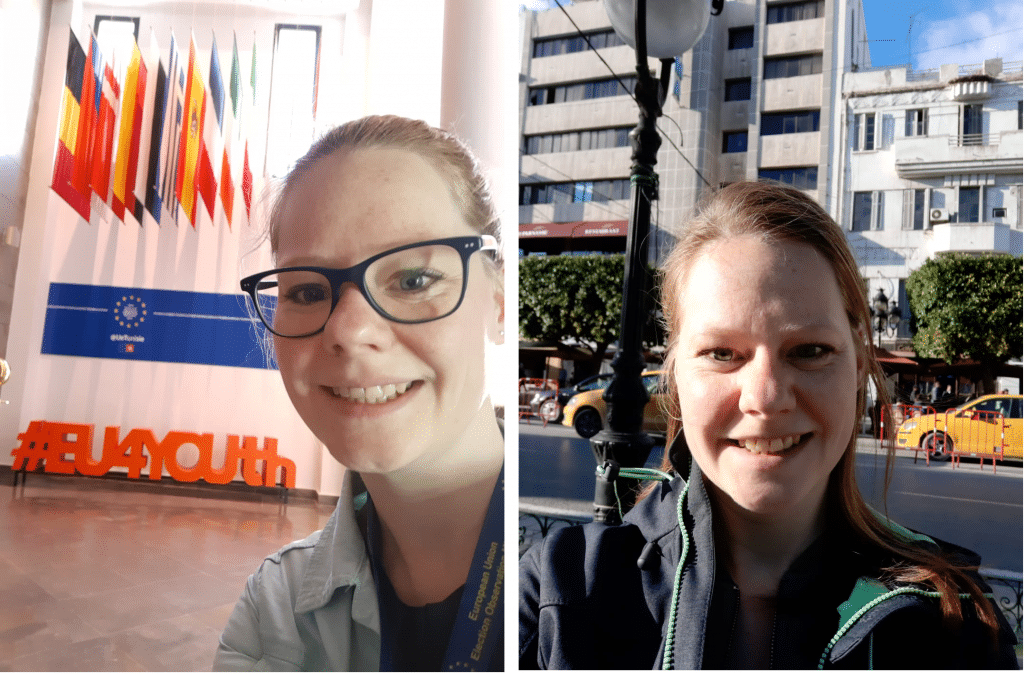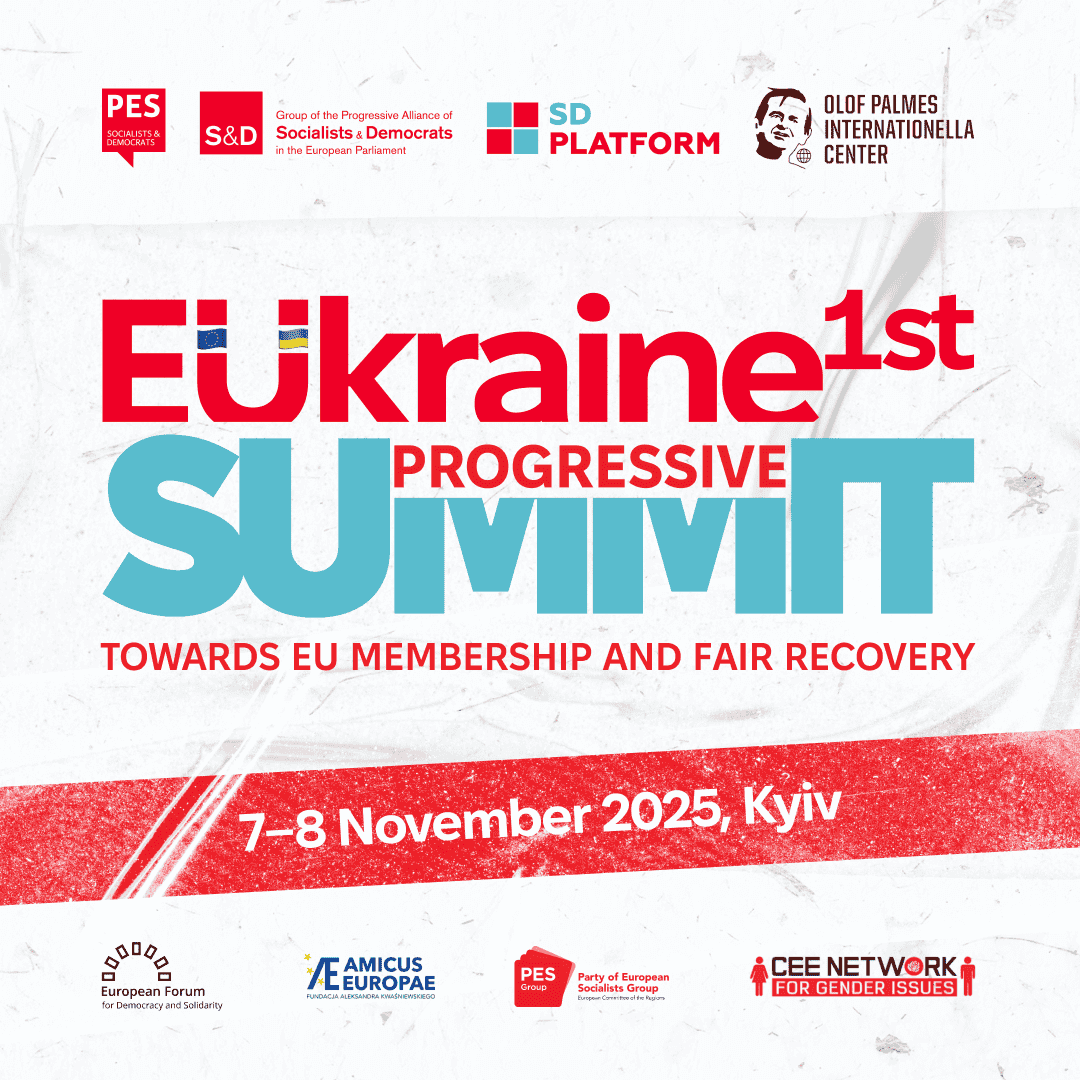It’s good to be back home. After four weeks in Tunisia, it’s now time to look at all my findings. Those of the past few weeks, but also the finding of my research in Ghana last November. What are the differences between those two countries? What are the similarities? But most of all, what role can and should European policies play in reducing irregular migration from African countries into the EU.
At this point, it’s good for me to look back at the last four weeks. I’ve learned a lot about Tunisia. It’s a beautiful country, great food and the people have been really nice to me. Yet, there are still many problems in this country. I’ve mentioned them in earlier blogs: high unemployment – especially for the youth, rising inflation, corruption and a public sector that is too big. But as Tunisians say themselves: “We are a young democracy. We need to make mistakes and learn from them.”
Paradox of the youth
Some things I saw in Tunisia were somewhat of a paradox. On the one hand, part of the youth is very involved in political issues. They were the ones that played a key role in the revolution eight years ago. And during the many protests I witnessed at the Avenue Habib Bourguiba, at the centre of Tunis, I saw mainly young people. On the other hand, the involvement of young people in regular politics is limited. Also, the turnout at elections is low, the last (municipal) election only had a turnout of 33.7%, and with the upcoming elections later this year, it is expected that especially youth and women will not show up to vote.
One of my interviewees said: “It was not a revolution, but just an uprising”. Meaning that although Ben Ali was ousted, and there are now different people in power, the rest is still the same. The fundamentals of the state have not changed. This leads, according to her, to the frustration felt by a large part of the youth and causes the protests and a lack of willingness to go out and vote. She is however hopeful for the future, “It’s a matter of time”. Civil society in Tunisia is strong and are the reason she has hope for the future. Civil society has a strong watchdog function, they will bring about change and make the Tunisian people more aware.
Focus on diaspora
Looking at the motives for migration, the key topic of my research, I see many similarities between Tunisia and Ghana. In general, you can say that most people want to migrate because they don’t see a good future for them in their own country. For migration, networks are crucial. They can provide the necessary means to migrate, including needed information. This is especially the case in Tunisia. There are many Tunisians who already live in Europe, mainly in France, and pretty much everyone knows someone who lives in Europe.
The last few years, the Tunisian government has been working on a National Migration Strategy. Although it has not been finalised, (Parliament has not voted on it, yet) some key focus points are public knowledge. The focus within the strategy is to a large extent on the diaspora. They, according to the government, can provide the necessary resources and information for economic and democratic development. Much of the current EU projects in Tunisia are based on supporting this new strategy. Will this then be enough to create new hope in the country?




